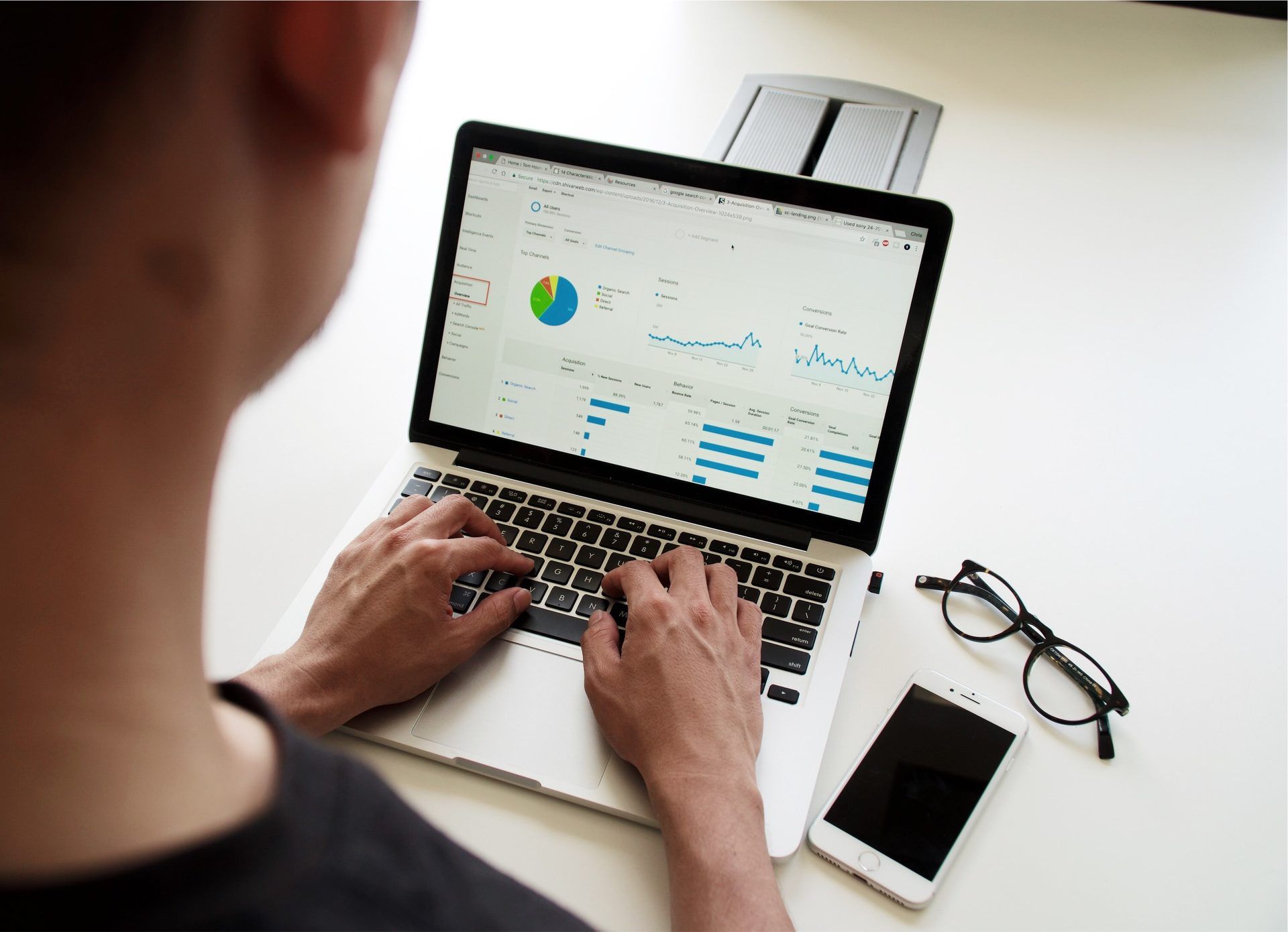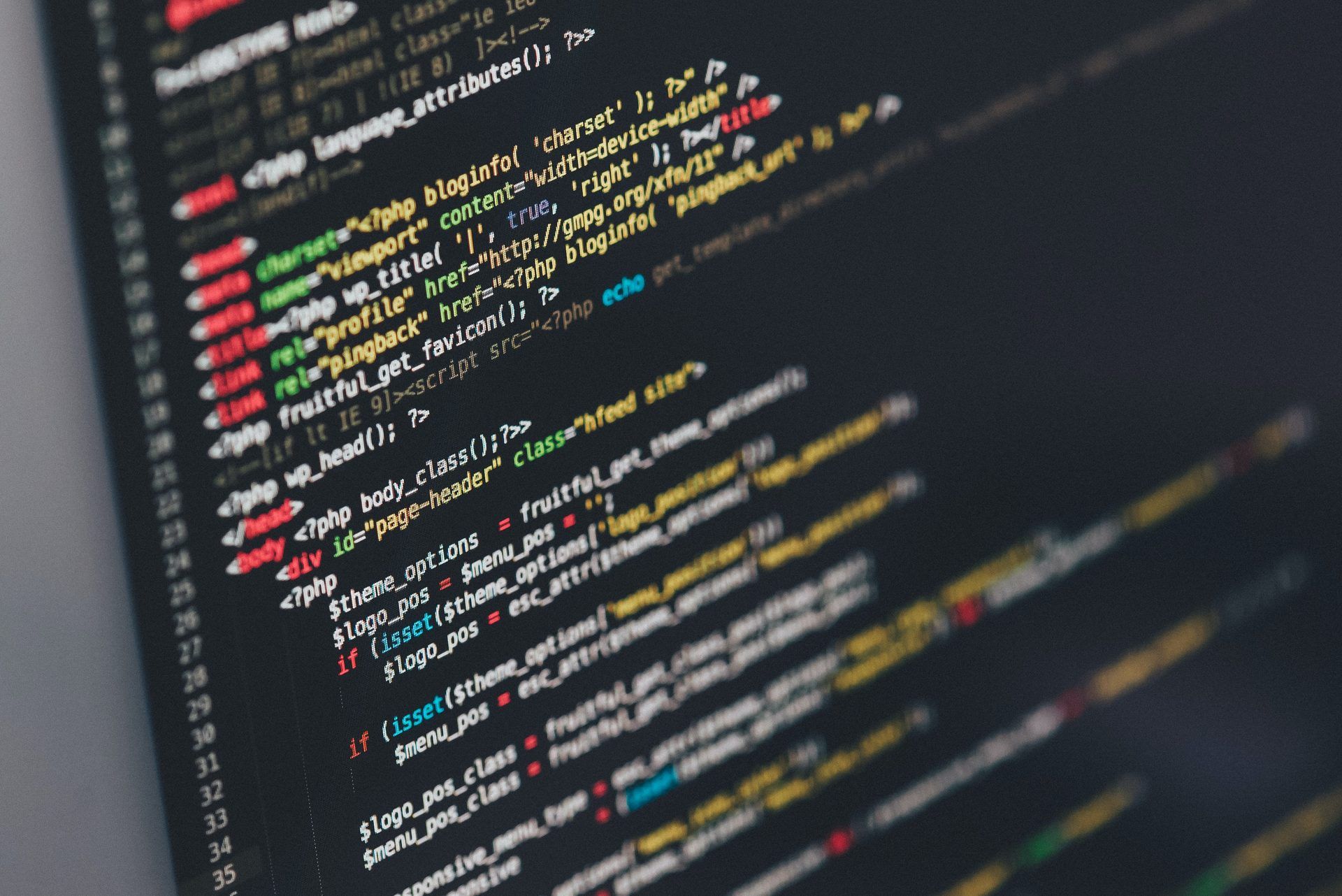What is the difference between business intelligence and data analytics? Business intelligence (BI) and data analytics are frequently used interchangeably in data-driven enterprises. Though they aren’t the same, it is hard to clarify the difference. Do you know how you would answer if someone asked you to describe the distinction? Do not worry; you will learn it in this article.
People are now aware of the effects of business analytics and business intelligence solutions in retail. Moreover, they are not simply restricted to retail; business intelligence and data analytics are the biggest forces in the modern era. But for better outcomes, you should get familiar with their distinctions. Let’s first define them before examining how they differ from one another.
What is business intelligence?
Business intelligence (BI) uses software and services to convert data into useful insights that influence a company’s strategic and tactical business choices. To give users in-depth insight into the condition of the business, BI tools access and analyze data sets and show analytical findings in reports, summaries, dashboards, graphs, charts, and maps.

Are you wondering why business intelligence is a must in modern business? Well, in the data-driven era, understanding analytics is everything, and business intelligence reporting ensures that. The best business intelligence companies provide the best results.
Spreadsheets have been completely phased out in the modern business intelligence space. BI instead utilizes new technologies like SQL databases, cloud platforms, and machine learning to assist organizations in making more self-aware, evidence-based choices.
Does business intelligence require coding?
Coding is necessary for business intelligence (BI) to process data and generate insightful findings. The data modeling and warehousing phases of the BI project lifecycle involve coding. However, the other phases of the BI lifecycle do not necessitate coding. Anyone who has some programming experience can begin a career in BI.

The difference between business intelligence and business analytics
The emphasis on the timing of events is the main distinction between business intelligence and business analytics. Business intelligence focuses on the data’s representation of recent and historical events. The focus of business analytics is on future events that are most likely to occur.
Business analyst vs business intelligence salary
Compared to business analysts, business intelligence analysts make greater money. Payscale claims that whereas business analysts make $70,644, BI analysts make USD $71,050 annually.
What is data analytics?
The study of examining unprocessed data to draw inferences about such information is known as data analytics. Many data analytics methods and procedures have been mechanized into mechanical procedures and algorithms that operate on raw data for human consumption.

The phrase “data analytics” is broad and covers many data analysis techniques. Data analytics techniques can be applied to any type of information to gain insight that can be utilized to make things better. Techniques for data analytics can make trends and indicators visible that might otherwise be lost in the sea of data. The efficiency of a firm or system can then be improved by using this knowledge to optimize procedures.
Check out the top data analytics trends
Data intelligence vs data analytics
In order to ascertain what transpired in the past and why, data intelligence gathers and examines information on actions, events, and other information. Data science and analytics approaches are used with this same data to forecast what will happen in the future, and business decisions are made based on that data.
Does data analytics require coding?
Advanced coding knowledge is not necessary for data analysts. They should have knowledge of data management, visualization, and analytics software instead. Data analysts need to have strong mathematics skills, like most data-related occupations.

Which language is used for data analytics?
Python and SQL are the most often used programming languages for data analytics. Some analysts may utilize R for numerical analysis, computation, and analysis. However, coding is not the main difference. So, what is it?
Difference between business intelligence and data analytics
A business intelligence analyst finds business-focused insights through data, unlike a data analyst who exclusively uses analytics to find solutions to problems. Except for the tools employed, which may differ slightly, the definitions, procedures, types of data, and analyses for the two jobs are comparatively identical.

Let’s see all differences between business intelligence and data analytics:
| Business intelligence | Data analytics | |
| Origin | In a book written by Richard Miller Devens, the word “business intelligence” was first used to describe its significance in 1865. | Although data analytics has been present since the 19th century, it gained popularity in the 1960s when computers were first created. |
| Scope | Information needed to improve company decision-making is referred to as business intelligence. | Data analytics is the process of transforming raw data into a useful format. |
| Functionality | Business intelligence is primarily used to enhance decision-making and assist enterprises in expanding their businesses. | Data modeling, data cleansing, prediction, and transformation are data analytics’s main goals. |
| Implementation | Various BI products on the market can be used to implement business intelligence. Only historical data kept in data warehouses or data marts are used for BI implementation. | Data analytics can be implemented by utilizing different data storage systems on the market. BI tools can also be used to implement data analytics, although this depends on the strategy or approach chosen by the organization. |
| Debugging methods | Only the historical data and end-user needs can be used to debug BI mechanisms. | The proposed methodology can be used to debug data analytics by transforming the data into a useful format. |
Data analyst vs business intelligence analyst
Let’s see what is the difference between a data analyst and a business intelligence analyst:
| Business Intelligence (BI) Analyst | Data analyst | |
| Definition and goals | BI analyst uses data warehousing and BI tools to find business-focused insights that influence business decisions. A BI analyst will use an evidence-based strategy to deliver intelligence to a firm. | Data analysts use data analytics, programming, and statistical models to identify problems and find solutions. Data analysts can resolve an organization’s complicated challenges by decomposing them into numerical numbers. |
| Process | BI analysts create an easily digestible dashboard or report highlighting any significant insights by first understanding the needs of the business end-user. They then conduct queries from the relevant databases and link them. | Following the data analytics lifecycle, a data analyst comprehends the end-user, gathers the relevant data, cleans and analyzes the data, and creates visuals to deliver insights. |
| Data | Structured, processed from data warehouses | Wider variation of data; can be unstructured, messier data |
| Type of analysis | Structured and periodical analysis | Investigational, specific, and ad-hoc analysis |
| Skills | Needs analysis Prototyping Knowledge of business structures Microsoft Visio and software design tools | Data analysis Statistics Knowledge of data structures SQL and statistical programming |
| Tools | SQL, Excel, Tableau/Power BI, ETL tools | Python, R, SQL, Tableau/Power BI |
| Education | Bachelor’s Degree | Bachelor’s Degree |
Data analyst vs business intelligence salary
Who gets paid more business analyst or data analyst? Data analysis and business analysis entail in-demand abilities that frequently command significant pay. Business analysts in the US will get an average base salary of $77,218 in 2021, while data analysts will earn an average base salary of $69,517, according to Coursera.
Which is better data analyst or business intelligence?
Both business analysts and data analysts support data-driven decision-making in their respective enterprises. Business analysts are more likely to address business problems and suggest solutions, whereas data analysts typically work more directly with the data itself. Both positions are in high demand and often pay high.

Conclusion
We have now examined the history and significant distinctions between business intelligence and data analytics. Business intelligence and data analytic tool development have evolved in light of the current technology market trends.
The ability to perform data analytics is a feature of modern business intelligence tools, and it is up to enterprise customers to decide which solution is best for their particular company needs.
According to the most recent data trends, both business intelligence and data analytics are crucial to the expansion of the company. To assist them to perform their function effectively, the organization is conducting the necessary study on both BI and data analytics.





